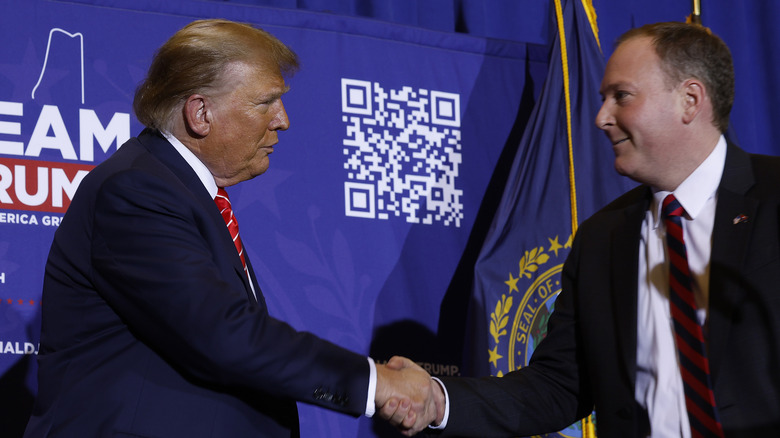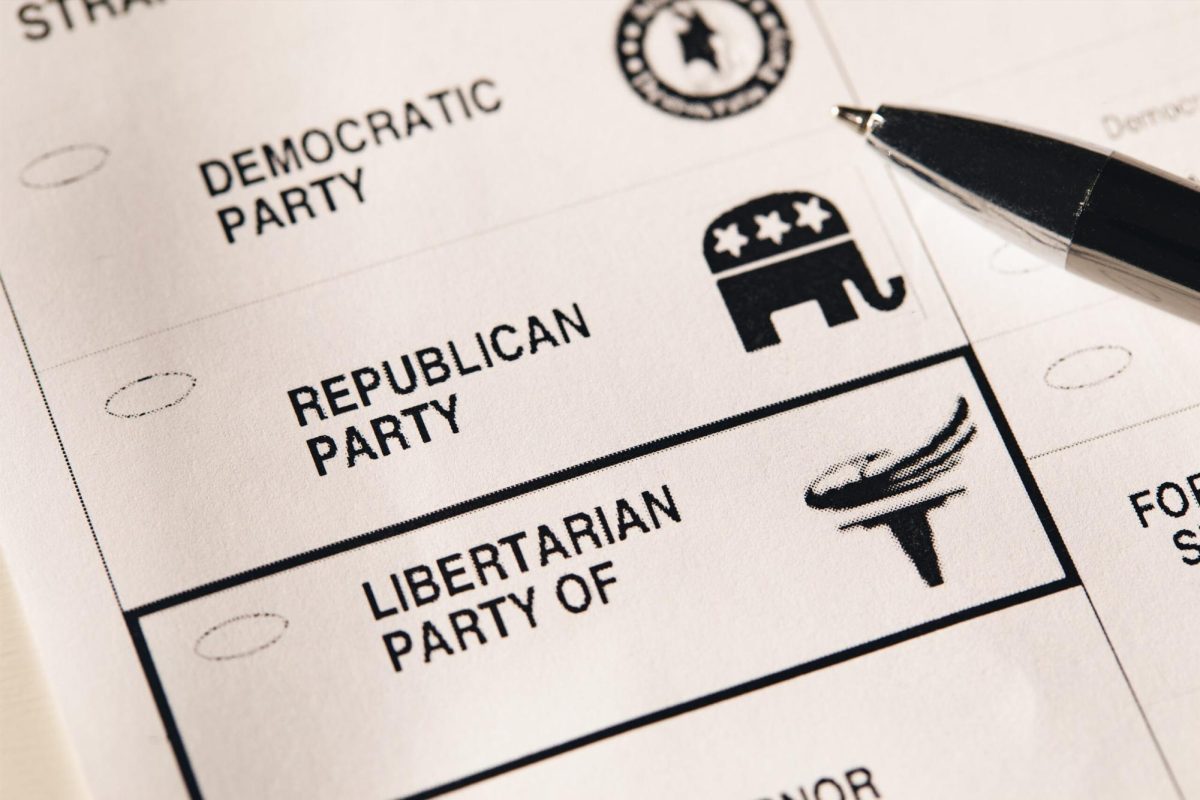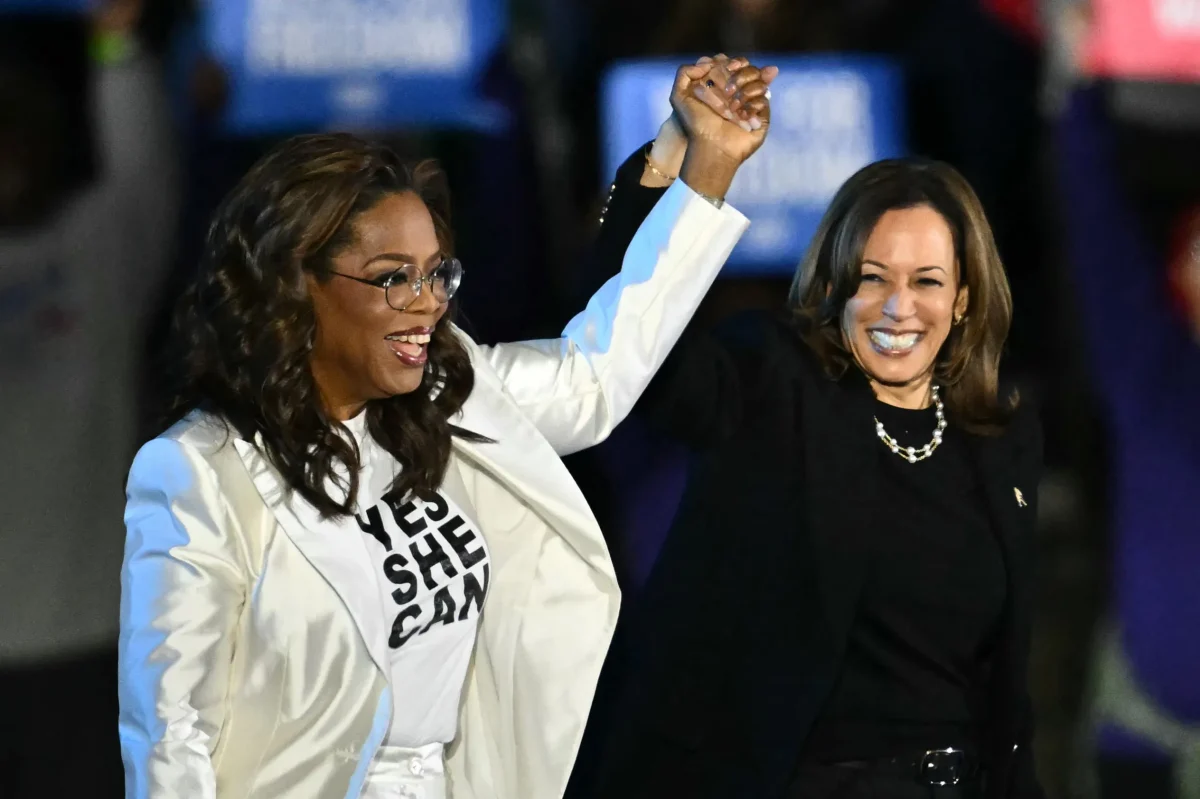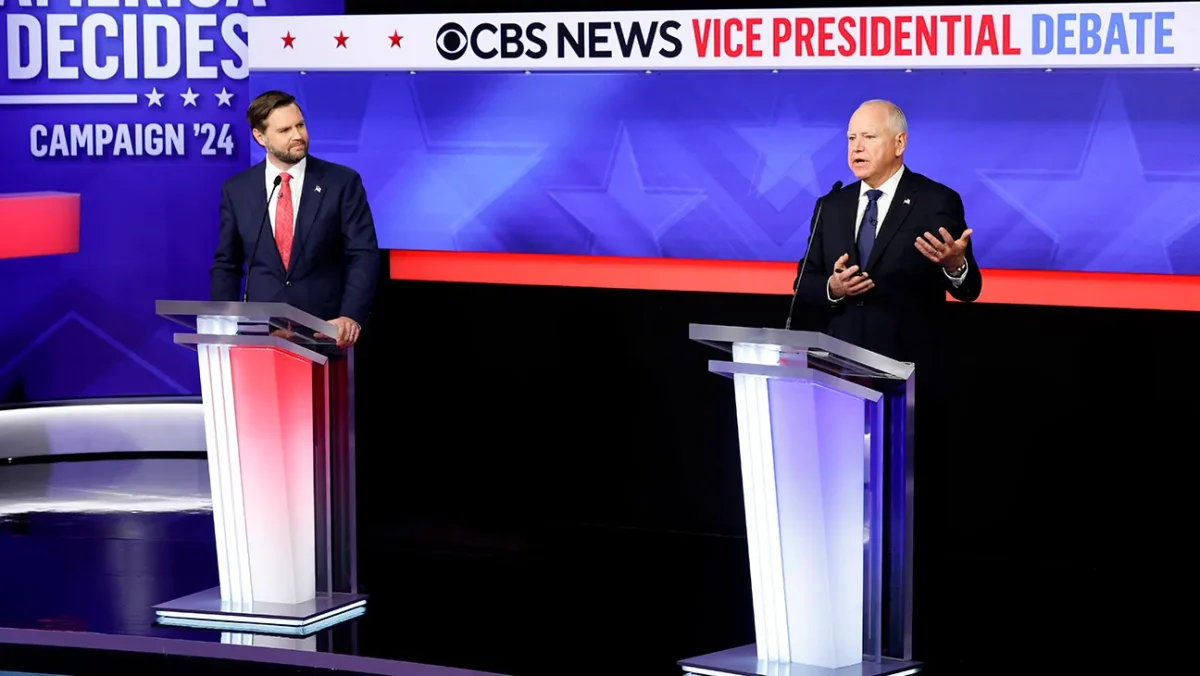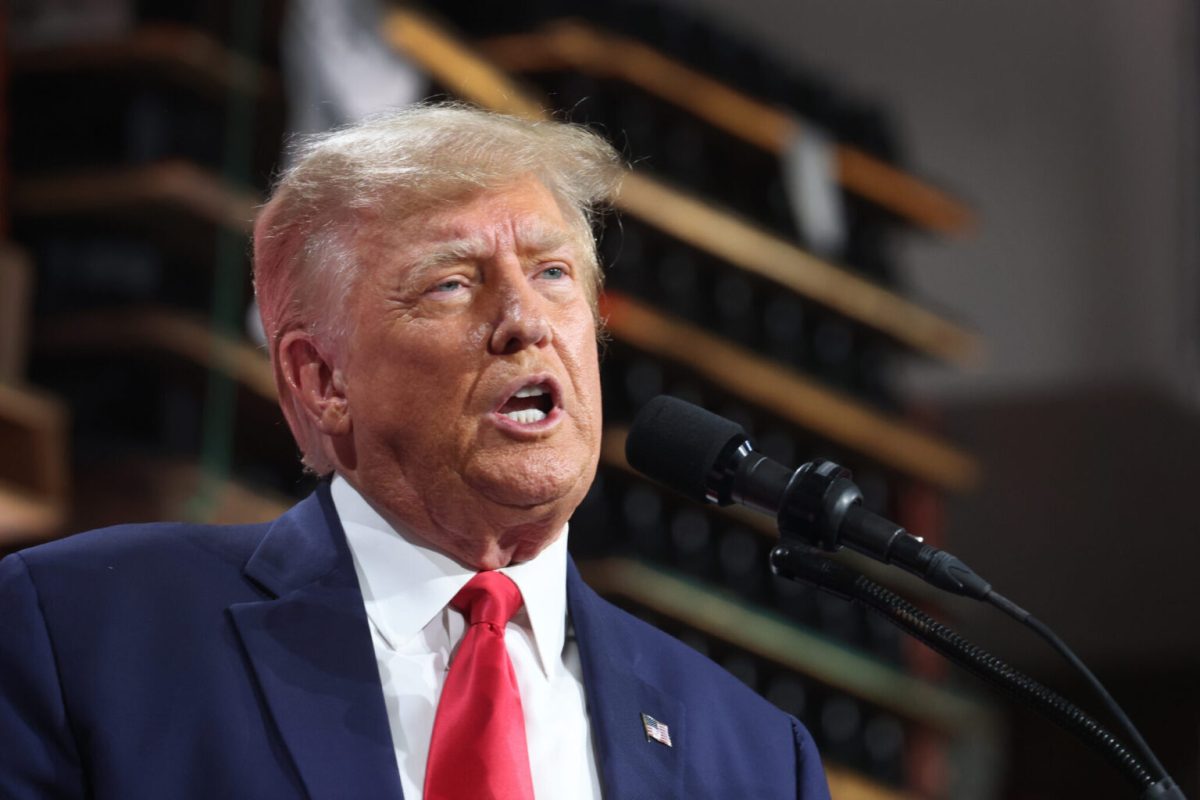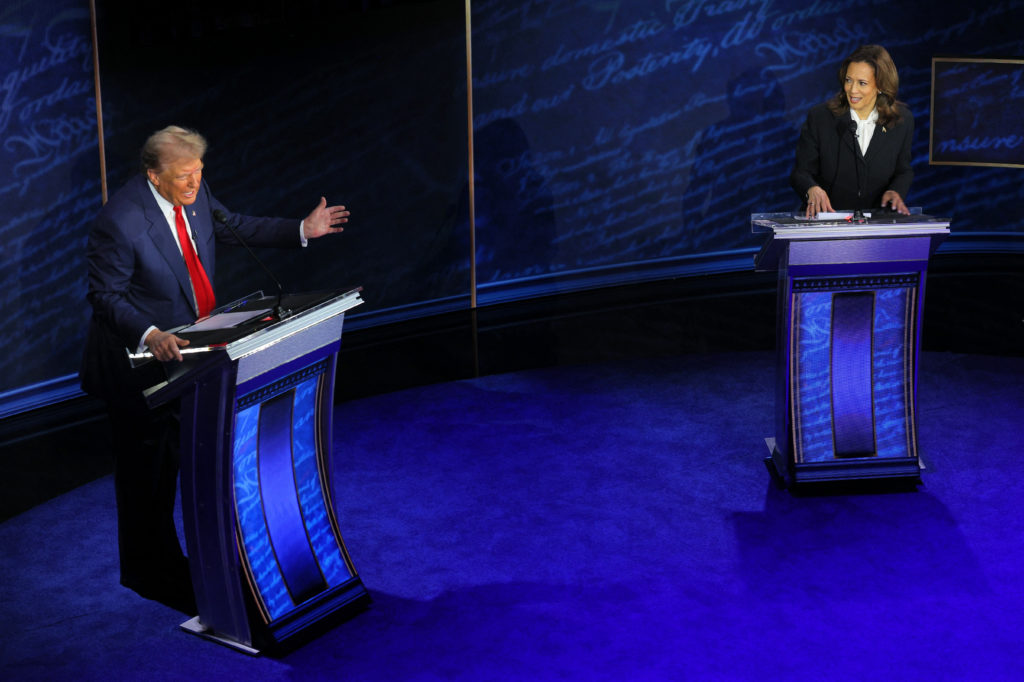On Wednesday, Nov. 13, President-elect Donald Trump announced a new set of Cabinet appointments, including Rep. Matt Gaetz as Attorney General and Sen. Marco Rubio as Secretary of State. Trump’s choice of Gaetz, a vocal supporter known for his fierce loyalty, came as a surprise to many, given his lack of traditional legal experience for the role. Trump’s decisions signal his commitment to reshaping the Justice Department and foreign policy, prioritizing allies he trusts over experienced officials.
“Everybody was saying, ‘Oh my God,’” says Rep. Mike Simpson, who expressed shock at Gaetz’s appointment.
Trump’s selection of Gaetz raised eyebrows, particularly because of Gaetz’s controversial background and previous ethics investigations. House Speaker Mike Johnson confirmed that Gaetz resigned from Congress, which ends the Ethics Committee’s review of allegations against him, including misconduct and inappropriate behavior. Despite these controversies, Gaetz’s nomination aligns with Trump’s agenda to bring about radical changes within the Justice Department, including challenging established institutions Trump often criticizes as the “deep state.”
However, the choice of Sen. Marco Rubio as a secretary of state received a warmer response. Rubio’s foreign policy experience won respect in both Republican and Democratic circles. Known for his firm stance on China and Latin American issues, Rubio could bring a seasoned perspective to U.S. diplomacy. Rubio’s selection reflects Trump’s intention to balance loyalty with some level of experience, ensuring that his administration can both disrupt and engage on the global state.
“It is going to be a tough road for Gaetz,” says Sen. Lindsey Graham, acknowledging that the confirmation hearings may be contentious. Graham noted that Gaetz’s outspoken style might draw scrutiny, but he believes the hearings will be “one of the most watched in recent memory.”
Trump’s selection of Tulsi Gabbard for director of national intelligence rounds out his nominations, bringing in a former Democratic congresswoman and vocal critic of U.S. foreign interventions. Gabbard’s views on reducing foreign conflicts and her outspoken criticism of traditional intelligence practices seem to resonate with Trump’s approach.
As Trump transitions into office, his Cabinet choices demonstrate a clear intention to reorient the federal government’s focus, blending loyalty and a promise of disruption.


